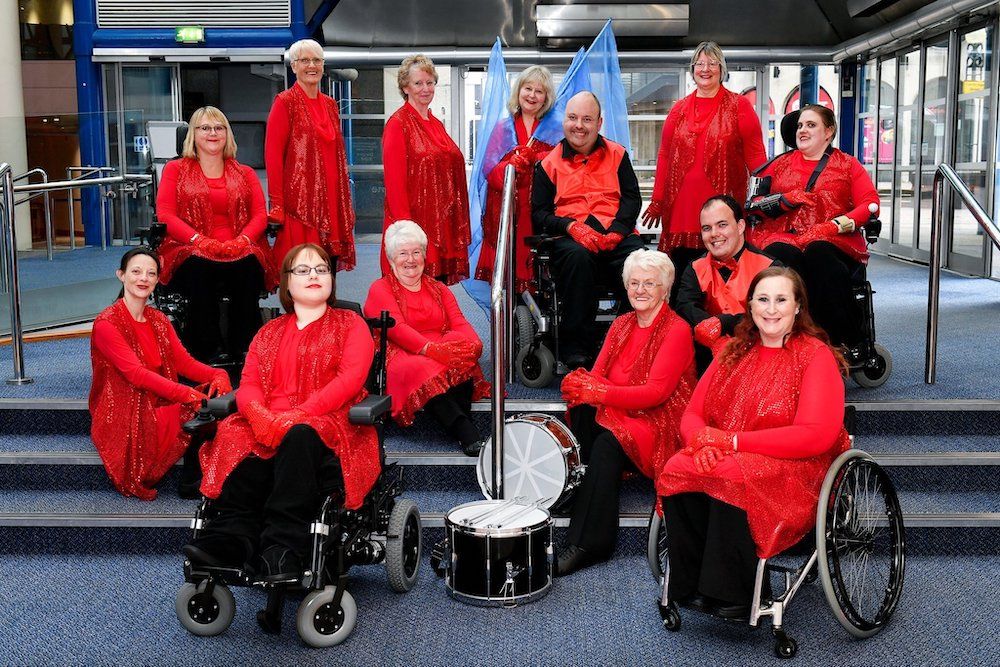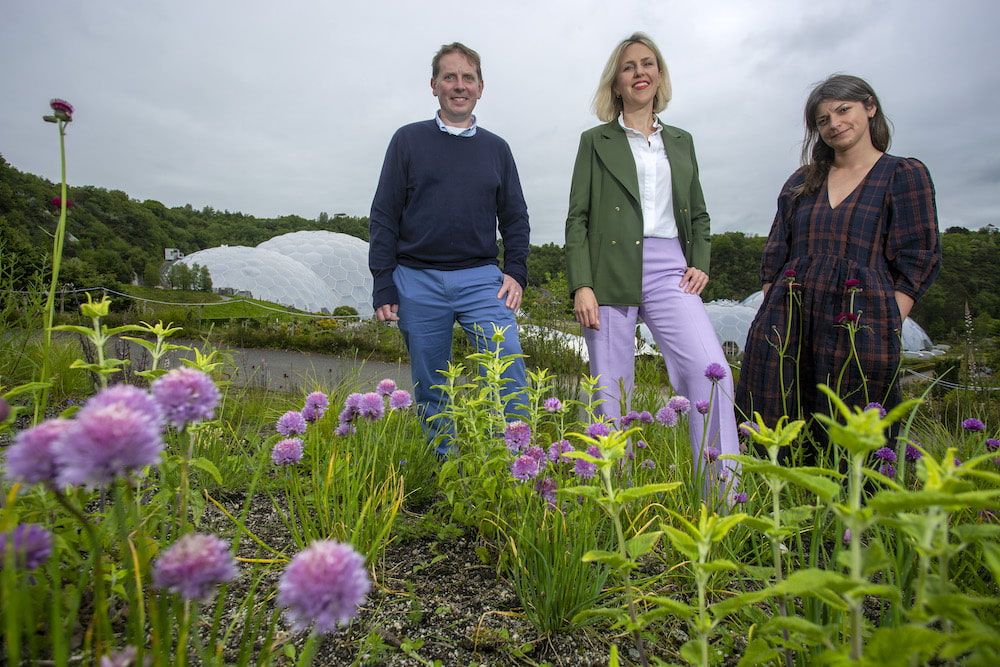
From groundbreaking studies to ordinary people doing extraordinary things, we're rounding up the good news stories that you might not have heard about
1. Employees clock on to the importance of mental health
Scan any job listing these days and you’ll usually find a list of employee benefits, chosen to convince you that this company is where you want to be. The day off on your birthday, summer hours, and subsidised canteens are all tempting but, apparently, they don’t top the wish lists of job-seekers.
A study by Easy Offices looked at the most popular employee benefits, and found that companies that were taking the mental health of their employees seriously had a significant advantage over those that weren’t.
Virtual counselling topped the list of most popular benefits, followed by insurance to help cover the cost of mental health treatment, virtual support groups, tools to build mindfulness and resilience, and training on how to help others with mental health problems.
The study also tracked an increase in the number of companies embracing employee assistance programmes. That said, a recent YouGov poll found that only 57% of employees knew about benefits schemes at their work.
So, do you know what’s on the table at your organisation? With demand for wellbeing benefits rising, it’s safe to say that these kinds of perks are more than just a passing trend, and working on your mental health could be an inside job.
2. Dutch start-up Lightyear has developed the first solar-powered electric car, which it hopes to release this year!

3. Plastic-free paradise on the horizon
In some great eco news, it’s been reported that plastic waste on Australian beaches has reduced by 30% in the past six years. This rapid pace of positive change is due to initiatives by local councils, including extra bins, notices reminding people not to litter, and a hotline dedicated to reporting illegal waste dumping. This is a clear sign that we can all clear up our acts – and beaches.
4. A Yorkshire-based business, Banana Moon, has released the world’s first ‘anxiety hoody’
Created with the intention to provide sensory relief to wearers, the hoody features chewable toggles, a fidget popper, and weighted pockets, helping to redirect anxious energy, and move you from fight-or-flight to rest mode.
5. New research shows a ‘substantially faster’ way of gaining knowledge
If there was a way to supercharge your ability to learn, would you take it? According to a new study published in the Journal of Psychological Science, there may, in fact, be a way to ensure that we are more ‘ready to learn’ before we explicitly try to tackle something new.
Vladimir Sloutsky, study co-author and professor of psychology at Ohio State University, explains: “We often observe new things out in the real world without a goal of learning about them. Simply being exposed to them makes an impression in our mind, and leads us to be ready to learn about them later.”
The study, which included five different experiments and 438 participants, showed similar results across each experiment, with the impact of real-world exposure noted. Sloutsky believes that this latest study is one of the few which shows evidence of latent learning (our subconscious retaining information without us realising it until we later have the motivation or incentive to display it).
So next time you’re thinking about picking up a new language or trying your hand at a different hobby, try to get some real-world observation under your belt before you make the time to sit down and take your learning to the next level.
6. For the first time, all patients in a small clinical trial saw their cancer disappear
After taking dostarlimab for six months, all 12 colorectal cancer patients showed a 100% success rate, and were considered in remission after a year. Further testing is required, but it’s a promising breakthrough.

7. Theatre company shows there are no limits to what we can achieve
While there are more than 14 million disabled people in the UK, many still feel excluded from society, as a survey by the charity Scope reveals that 32% of disabled people still feel there is a lot of prejudice against them. But, there are people taking action to create opportunities and fighting for equality for those with disabilities.
When her job as an activity coordinator for adults with learning disabilities had its public funding cut, Elaine Ball, a qualified fitness instructor with a background in the arts, was concerned that the morale and wellbeing of her members would decline. She created the Wheely Different Theatre Company – a creative outlet for adults with disabilities, designed to encourage them to live without limits.
What started as a 40-week project, has become an award-winning theatre company with 50 members, performing shows including Dick Whittington in the Hood and The Snow Queen.
But, more than that, it’s a community where members can feel at home. Fundraising officer Samantha Leake said, “Before Wheely Different, I felt like an outsider looking in. Acceptance, extended family, a feeling of freedom, smiles, and support are all priceless to me.”
It’s clear that this company has given its members the confidence and courage to achieve what they thought was impossible, and helped to improve their physical and mental wellbeing.

The Wheely Different Theatre Company
8. Something’s clicked...
Ever considered how you move your PC mouse, and what this says about you? Probably not, but, surprisingly, researchers have found a link between our mouse actions and personality types. They discovered combinations of movements can indicate things, such as fewer unnecessary clicks, slower movement, and more pauses being a signal of agreeableness, conscientiousness, and openness.
9. Actress and activist Laverne Cox makes history as the model for Mattel’s first transgender Barbie
10. Living artwork reminds us to prioritise pollinators
A new 55-metre-long living artwork is causing quite the buzz at the Eden Project in Cornwall. Dubbed the Pollinator Pathmaker, the piece is made up of 7,000 plants, all designed to welcome pollinators such as bees, wasps, beetles, and moths.
Pollinating food crops and helping plants reproduce and thrive, these tiny creatures are small yet mighty – but they’re also in decline. The aim of the artwork, created by artist Alexandra Daisy Ginsberg, is to raise awareness of pollinators, their vital role in our ecosystem, and to prompt questions about who gardens are truly for.
“I am thrilled to be able to officially launch Pollinator Pathmaker,” Alexandra says. “It’s been wonderful to observe the first garden grow and begin to bloom over the winter at Eden, and to already be hosting so many pollinating visitors; bees, butterflies, beetles, and more. I’m also very excited to welcome our human visitors, who will be able to enjoy the garden design and the variety of plants springing up, as they mature even further this summer.”
Keen to create your own Pollinator Pathmaker? Visit pollinator.art for a special algorithm that suggests planting schemes which are ‘empathetic’ to pollinating critters, so you can design and grow your own version (available to anyone in northern Europe). We have no doubt it’ll be the bee’s knees!

Eden Project Living Landscape manager Colin Skelly, artist Alexandra Daisy Ginsberg, and Eden Project senior curator Misha Curson

